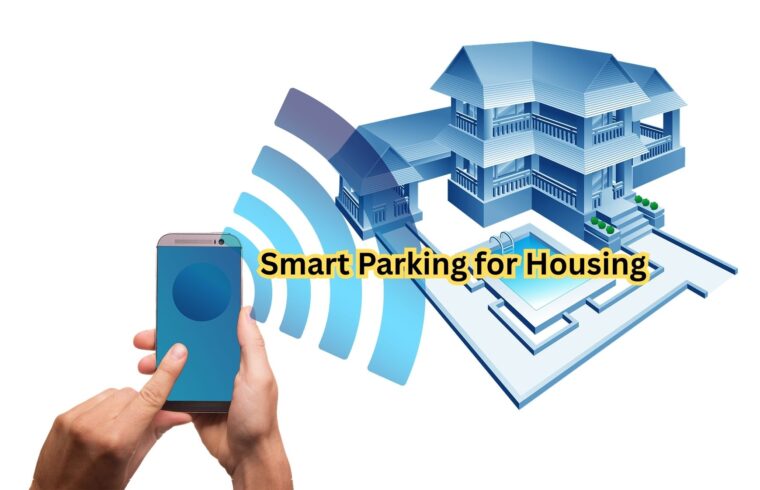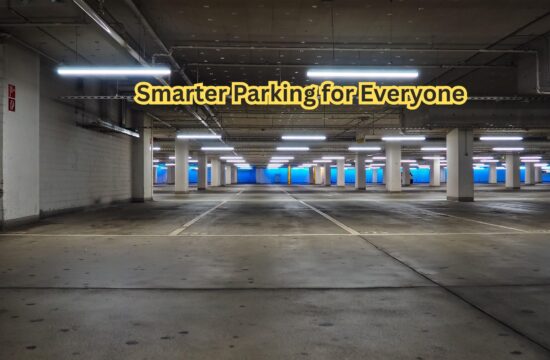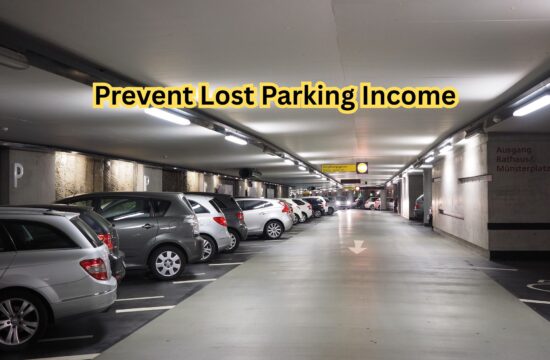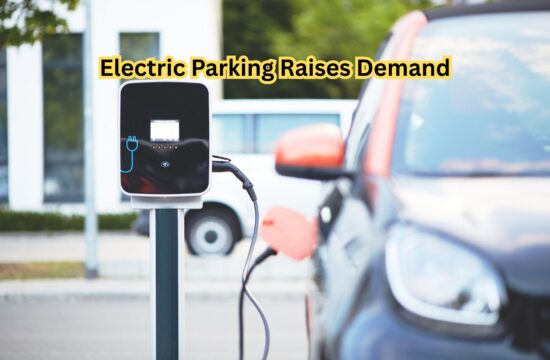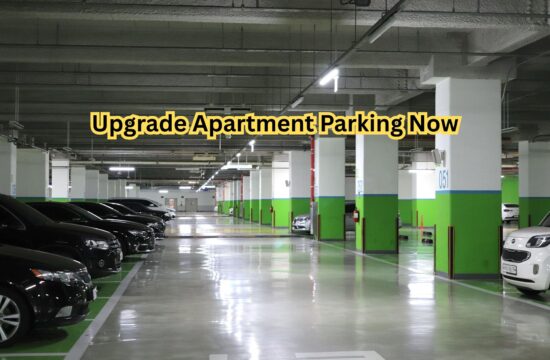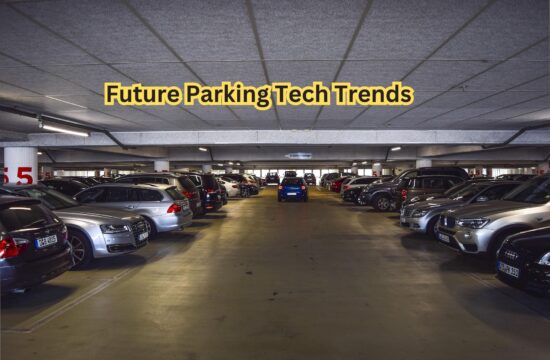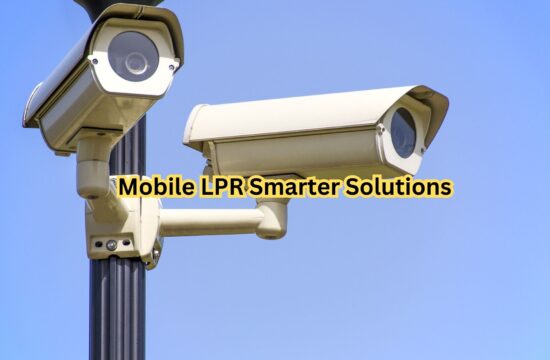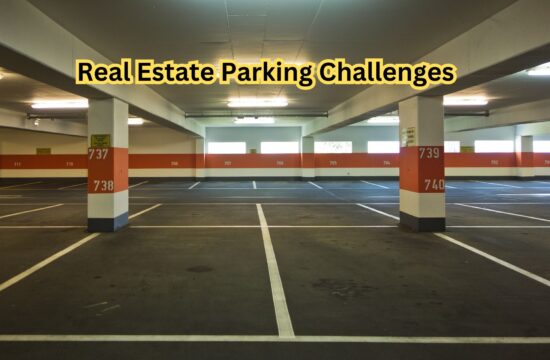Smart Parking for Housing is becoming essential as effective car parking in apartment buildings turns into a major concern with increasing urban populations. Smart Parking for Housing helps maximize available space, reduce traffic congestion, and improve the overall quality of life for residents. It is especially beneficial in affordable homes, where resources and space are limited. By offering a cost-effective, modern solution, Smart Parking for Housing plays a key role in improving parking management and enhancing everyday living.
What is Smart Parking?
The term “smart parking” describes the management and surveillance of parking places through the use of sensors, cameras, smartphone apps, and automated systems. These technologies expedite access control and payment processing, cut down on time spent looking for parking, and direct drivers to open spaces in real-time. It improves security and convenience in household situations.
Benefits of Smart Parking for Housing Societies
In house developments, smart parking optimizes space usage, lowers parking spot disputes, and guarantees improved monitoring. Parking can be reserved by residents through apps, and administrators can obtain useful information about usage trends. Additionally, it improves community happiness and reduces unlawful parking.
Cost-Effective Solutions for Affordable Housing
Low-cost solutions like RFID tags, simple sensor networks. And app-based reservation systems can be used to expand smart parking for affordable housing complexes. Housing authorities may manage parking without making significant investments thanks to these systems, which strike a compromise between affordability and usefulness.
Integration with Green Living
By lowering emissions and vehicle idling through faster parking, smart parking helps achieve sustainable housing goals. The housing complex encourages eco-friendly living by using solar-powered sensors, providing electric vehicle charging stations, and connecting with public transportation apps.
Challenges and Considerations
Although there are many benefits to smart parking, issues including installation costs, upkeep. And resident digital literacy need to be resolved. Long-term success depends on selecting scalable and user-friendly solutions, particularly in mixed-income or lower-income housing complexes.
The Future of Residential Parking
Smart parking will be a commonplace element in house developments as technology advances. Adaptive design, AI-based analytics, and integration with smart home systems will revolutionize the way we think about residential parking. In addition to improving daily living, early adoption can provide housing societies with a competitive advantage.

